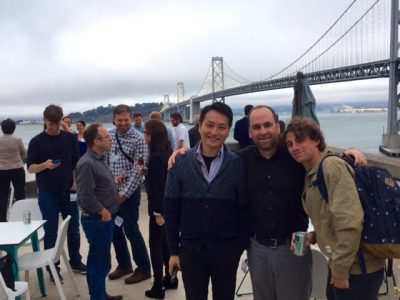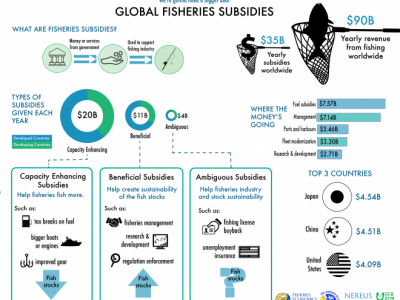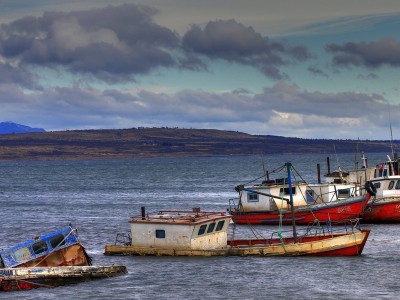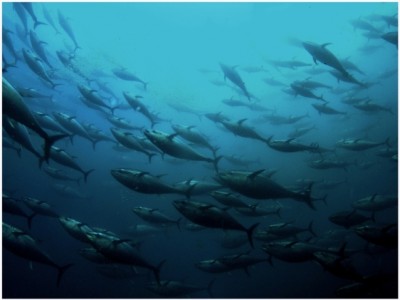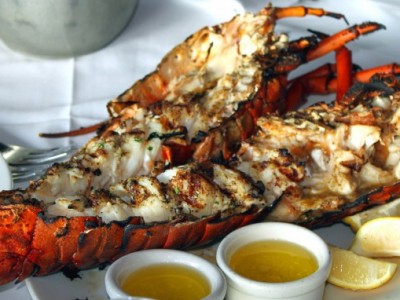Global Fishing Watch Research Workshop with Google Earth Outreach
The Nereus Program presented at a Global Fishing Watch Research Workshop on June 6th and 7th at Google’s offices in San Francisco, California, United States.
Global Fishing Watch is a technology-based partnership that started between digital mapping non-profit SkyTruth, oceans advocacy foundation Oceana, and Google’s Google Earth Outreach program, “designed to show all of the trackable fishing activity in the ocean” via an interactive web tool. With the goal of combating fisheries decline, the project will “reveal the intensity of fishing effort around the world” and help citizens hold world leaders accountable for the maintenance of an abundant ocean.



